Summary
- Pre-order bonuses can offer extra value like early access, exclusive content, and even physical products.
- Pre-orders support indie game developers, providing early financial support and helping ensure the game gets released.
- Refund policies can often protect against bad pre-orders, significantly reducing the risk.
Video game pre-orders have become one of the most controversial practices in modern gaming. While some see it as a risky gamble that encourages publishers to release unfinished games, I think that there are legitimate reasons to pre-order your favorite upcoming titles.
Pre-order Bonuses Are Sometimes Worth It
The main reason people pre-order games (especially in the digital era) is for all the exclusive stuff that often comes with them. These can include physical products like a collectible figurine, a themed bag, or a printed copy of the game’s map. Other times, they’re digital goodies, such as unique skins and cosmetics, cool weapons, or even access to a new hero class.
On top of that, digital pre-orders often come with the chance to play the game early, usually a few days ahead of the official launch. That alone can be a huge draw if you can’t contain your excitement for that particular game. I’d slam that pre-order button for games like GTA VI, The Witcher IV, or The Elder Scrolls VI without a second thought if it meant playing them just 24 hours early.
To show why some pre-order bonuses are genuinely worth it, here are a few examples that offer awesome value:
- The Legend of Zelda: The Wind Waker pre-order included a full copy of another awesome game, The Legend of Zelda: Ocarina of Time, for the GameCube.
- Remnant 2 provided players who pre-ordered the game with early access to the Gunslinger archetype (one of the most fun archetypes) from the start instead of unlocking it later in the game.
- Borderlands 2 offered access to the Premier Club, which included exclusive weapons, bonus loot, and the Mechromancer class.
- Assassin’s Creed: Shadows came with a bonus quest, access to the Claws of the Awaji expansion (set to release later this year), and some retailer-specific extras. Target included a Steelbook case (which resells for $10–$30), while Amazon threw in extra in-game cosmetics.
That’s just the tip of the iceberg. There are countless other pre-order bonuses out there. While not all of them justify the small gamble that comes with pre-ordering, many of them do. Physical bonuses tend to be more valuable, especially retail exclusives, as they can carry extra value for collectors. If you change your mind, you can always sell them to recoup some of your investment.
One of the best aspects of pre-order bonuses is that you receive them regardless of the version you buy (standard, deluxe, or ultimate).
Depending on the publisher, higher-tier editions can include even more extras, but there’s usually something for everyone’s budget. Since pre-orders usually cost the same as buying the game at launch, but you get extra stuff, they offer decent value, far better compared to collector’s editions that come without the actual game.
If I’m being completely honest, while I’m fine with the physical goodies, I’m not happy that digital pre-order bonuses exist. Those bits of content could’ve easily been an unlockable reward or available for everyone in the first place. Unfortunately, we live in a reality where pre-ordering is a thing, so if you’re planning to buy a game, you might as well get something extra with it for buying it early.
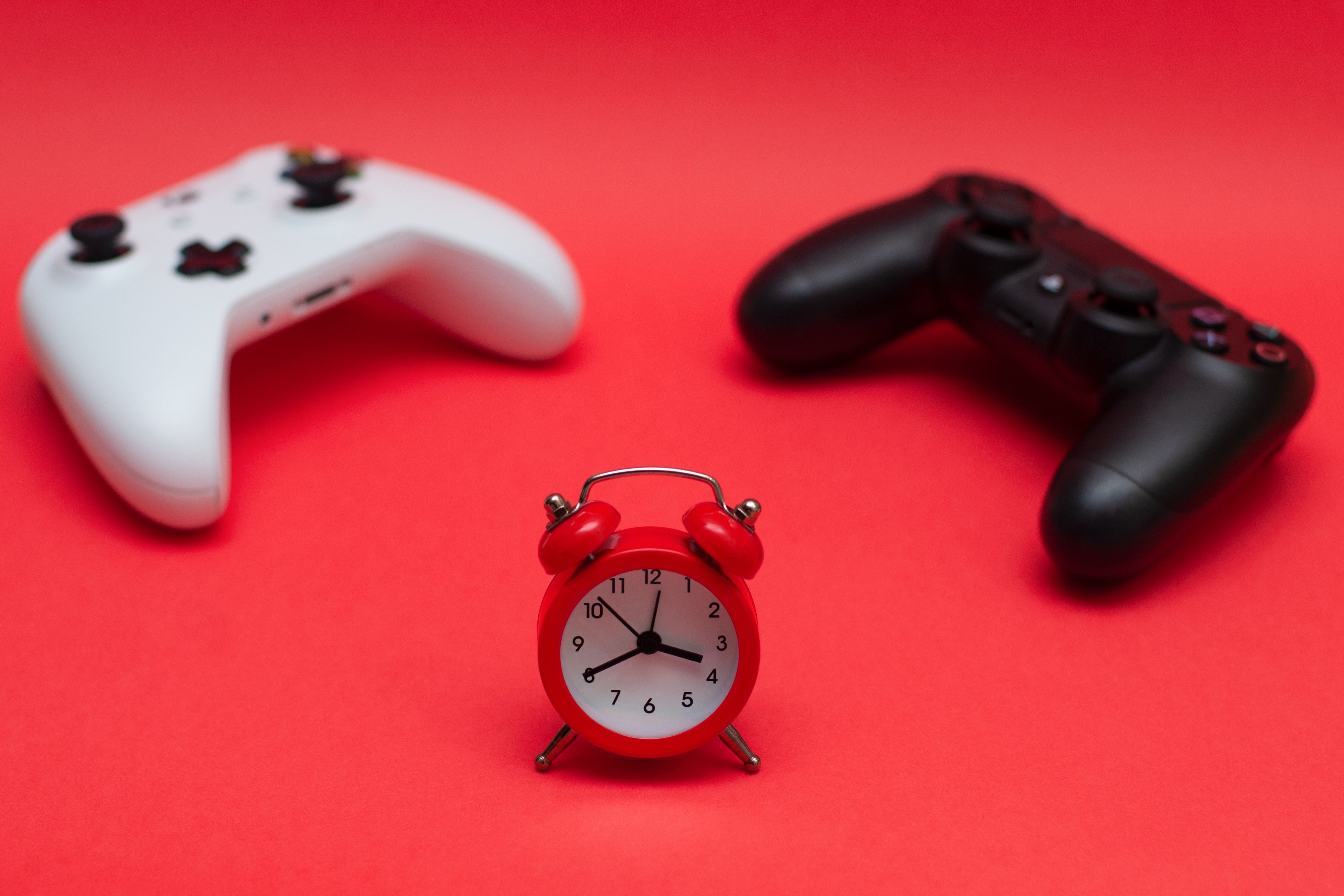
Related
7 Reasons I Stopped Pre-Ordering Games (And You Should Too)
Don’t pay full price until you know what you’re getting into.
Pre-ordering Isn’t Always a Terrible Idea
It’s not always easy to determine whether a game is worth pre-ordering, especially since many titles go on sale shortly after launch. In most cases, saving $10 to $20 by waiting a little outweighs the pre-orders. Plus, the game gets fixes and improvements, so it’ll be both cheaper and better.
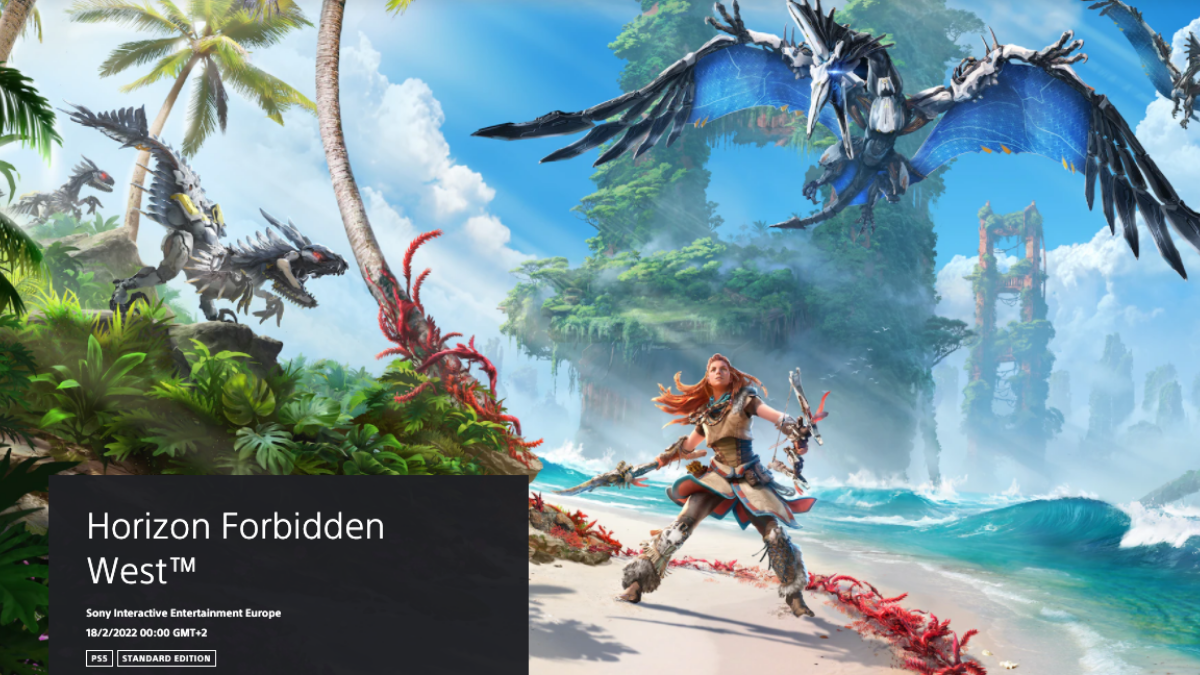
Related
5 Reasons Not to Buy Games at Launch Anymore
It’s tempting to buy a game the minute it launches, but you should probably wait.
However, if the pre-order contains something genuinely appealing, especially a bonus you personally care about, then pre-ordering could be worth it. Physical bonuses are particularly valuable because of their inherent appeal to collectors and potential resale value.
Another important factor to consider is the developer behind the game. Take CD Projekt RED as an example. Fans who had pre-ordered Cyberpunk 2077 were hugely disappointed by the broken game they got at launch. It was a low point for the studio behind The Witcher series. Fortunately, Cyberpunk 2077 eventually got fixed, and the team succeeded in rebuilding trust with most of the playerbase.
While this shouldn’t excuse one of the industry’s worst practices of releasing unfinished games, there’s a case to be made for fans who pre-ordered Cyberpunk 2077. They essentially got the chance to play an “early-access” edition when it launched in December 2020, and a polished experience a few years later. Those who trusted the developers were eventually rewarded.
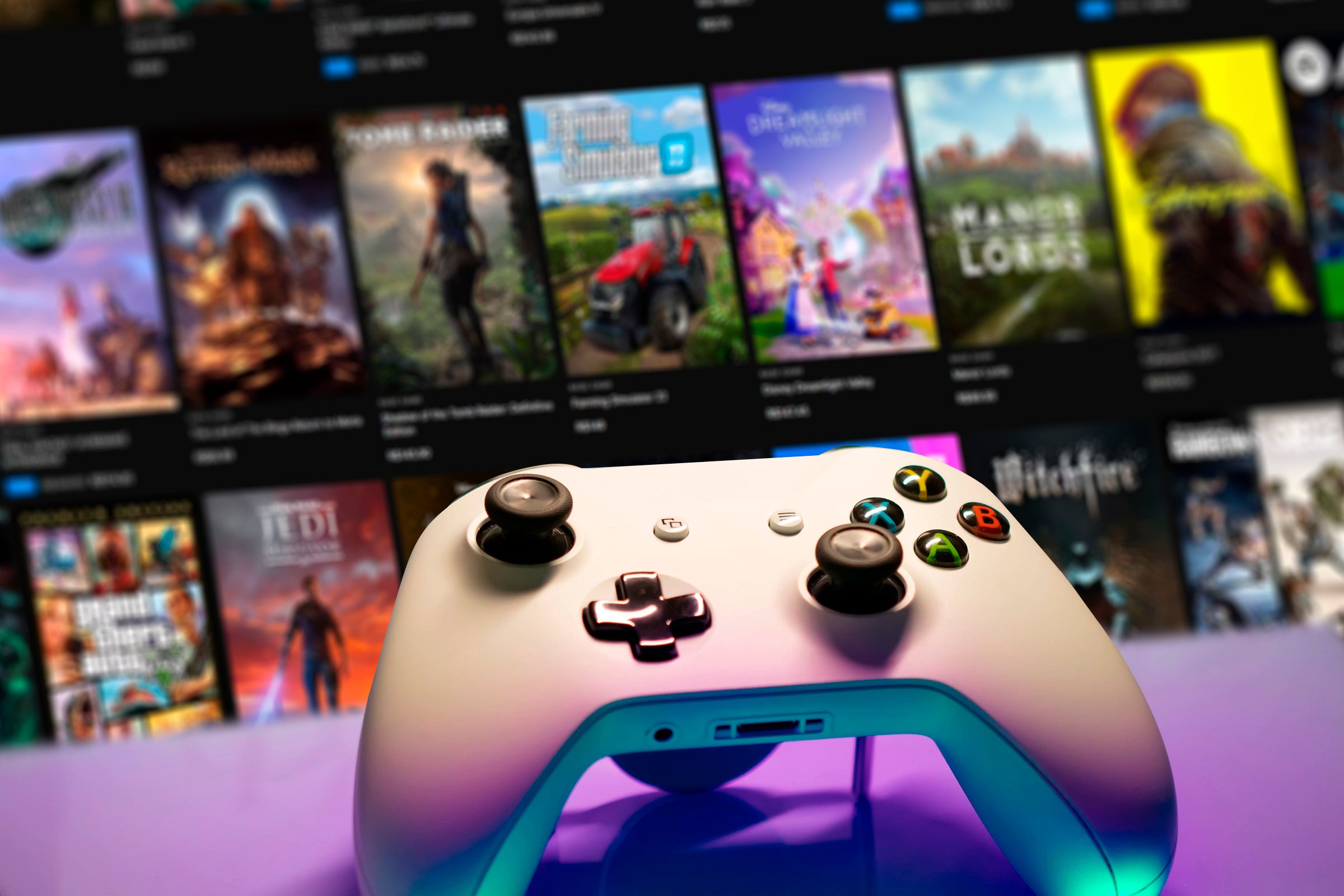
Related
Eyeing an Early Access Game? How to Tell if It’s Worth Buying or Not
The early bird catches the bugs.
It also helps that the pre-order bonuses were quite lucrative. For instance, the GameStop exclusive pre-order edition came with a Samurai Medallion and chain that now goes for $20 to $50 on the used market.
When it comes to physical releases, pre-ordering makes even more sense. If you live in a remote area, pre-ordering from a local store ensures you’ll have a copy of the game on launch day. It saves you a long drive and the cost of gas to reach the nearest GameStop or Target.
It’s a Chance to Support Your Favorite Studios
While pre-order bonuses are a great perk for players, there’s another, more altruistic reason to pre-order: supporting the developers you believe in. This is important even with large studios, as it gives faith to the publishers that there’s real demand from a dedicated fanbase, encouraging further development in the form of free updates and DLCs.
However, where pre-ordering can truly make or break a game is with indie titles. Games built by a single developer or small team are often passion projects rather than for-profit products, so early support in the form of pre-orders can help in providing funding and encouragement needed to get the project finished. It also helps the game gain some visibility on digital marketplaces.
Refunds Are Your Safety Net
Unfortunately, not all games are worth buying, so even the best pre-order extras can’t save those titles from being a disappointment. The good news is that both Steam and Epic Games offer solid refund policies that protect gamers from bad games. The only caveat is that games are eligible for a refund only within 14 days of the release date and if you played it for less than two hours in total. You’ll also lose the pre-order bonus in most cases.
When it comes to physical products and retailers, the policies aren’t as clear-cut. Depending on the retailer and specific title, you either have to give the product back in its original condition to get a full refund, or you can keep it and receive a partial refund. If you’re especially lucky, you might get to keep the item free of charge, but that’s the exception rather than the rule.
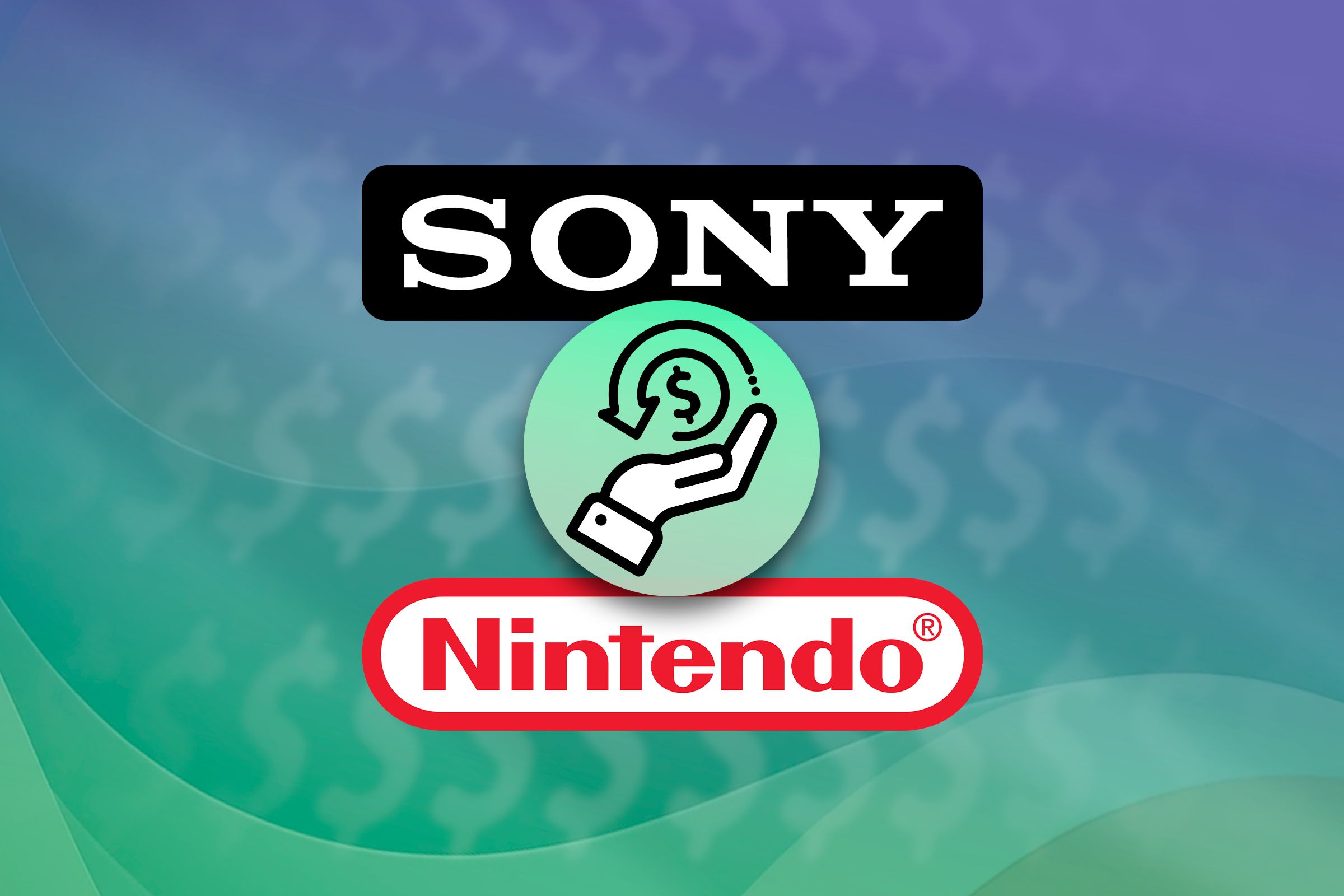
Related
Hey Sony and Nintendo, We Need to Talk About Your Refund Policy
Goodwill is priceless.
Pre-ordering gets a bad rap, but it’s not always the gamble it’s made out to be. In most cases, you’re simply paying the standard price with the added bonus of early access, exclusive content, or a special physical product. Sure, some games launch in rough shape, but there’s always the option to refund them, so you’re not locked into a bad purchase. If the bonus appeals to you, and you plan on buying the game anyway, you might as well pre-order it!


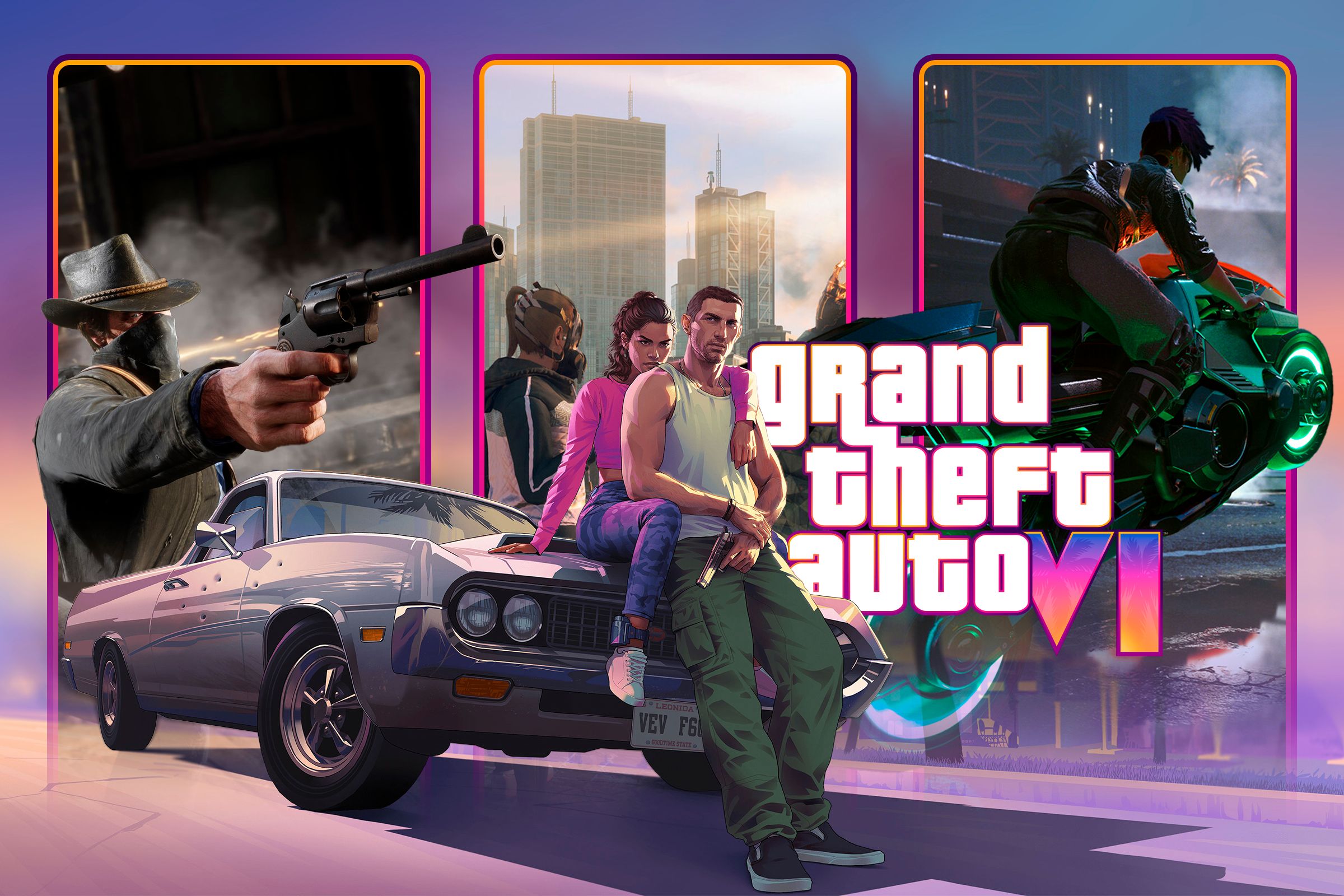

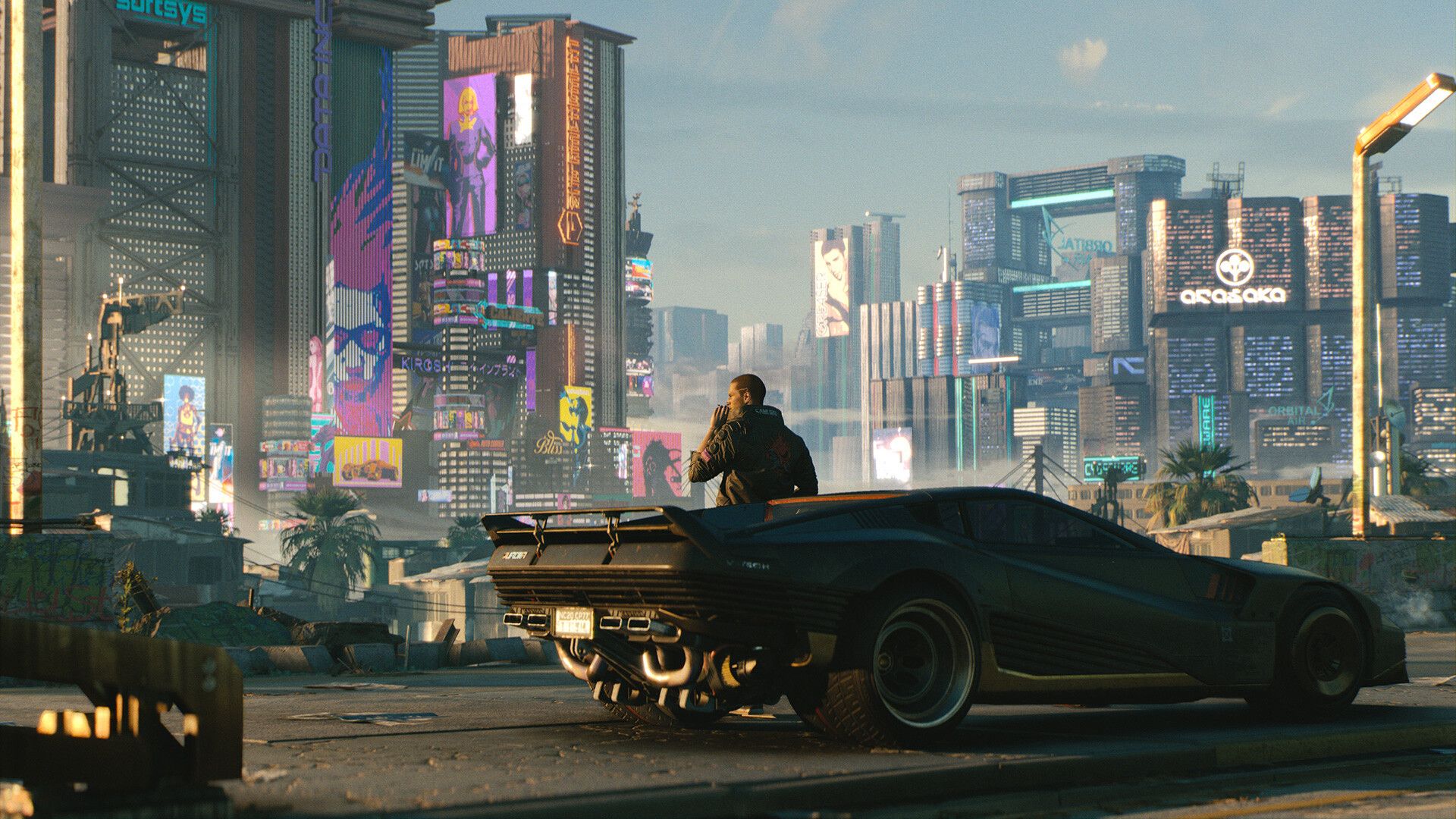
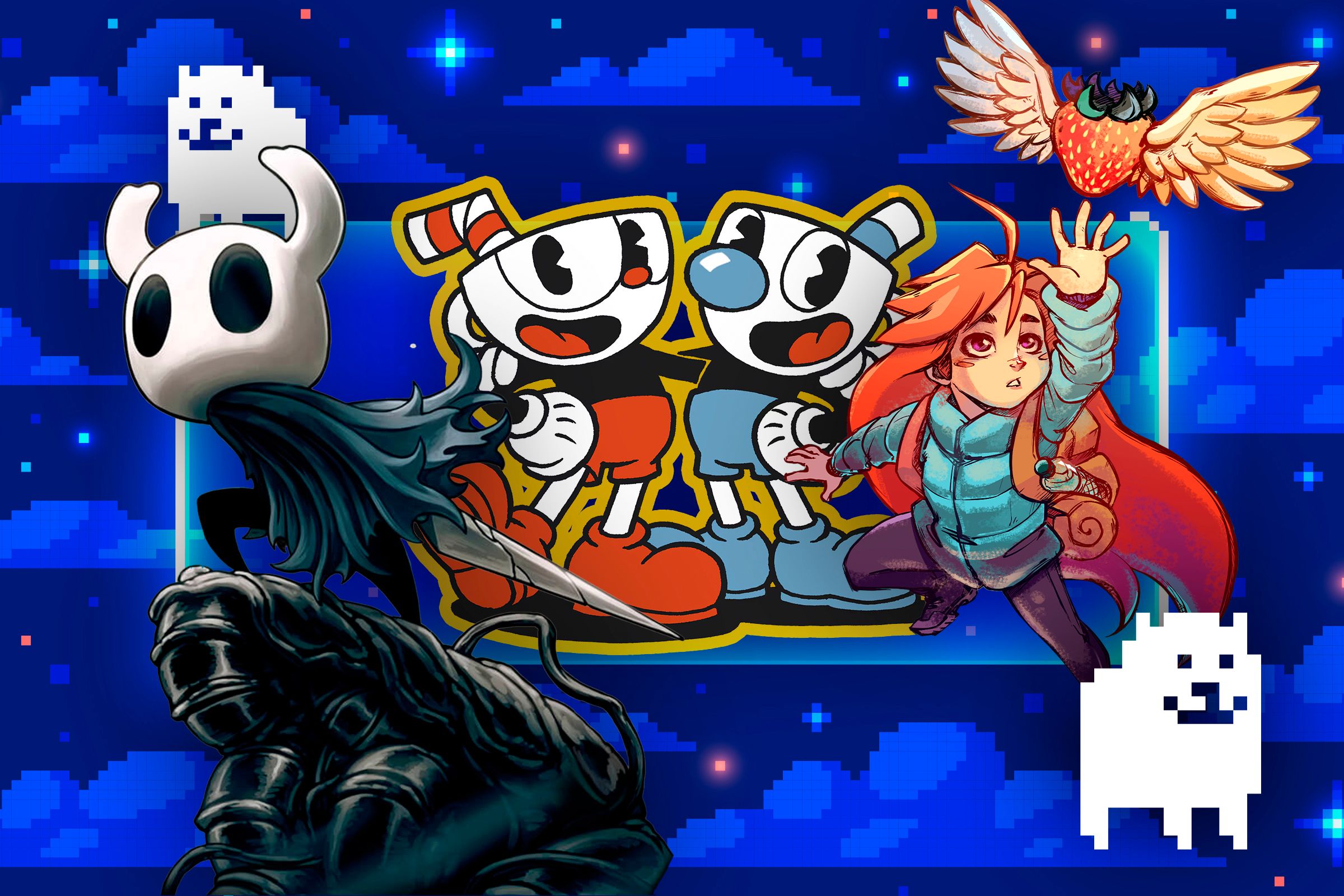
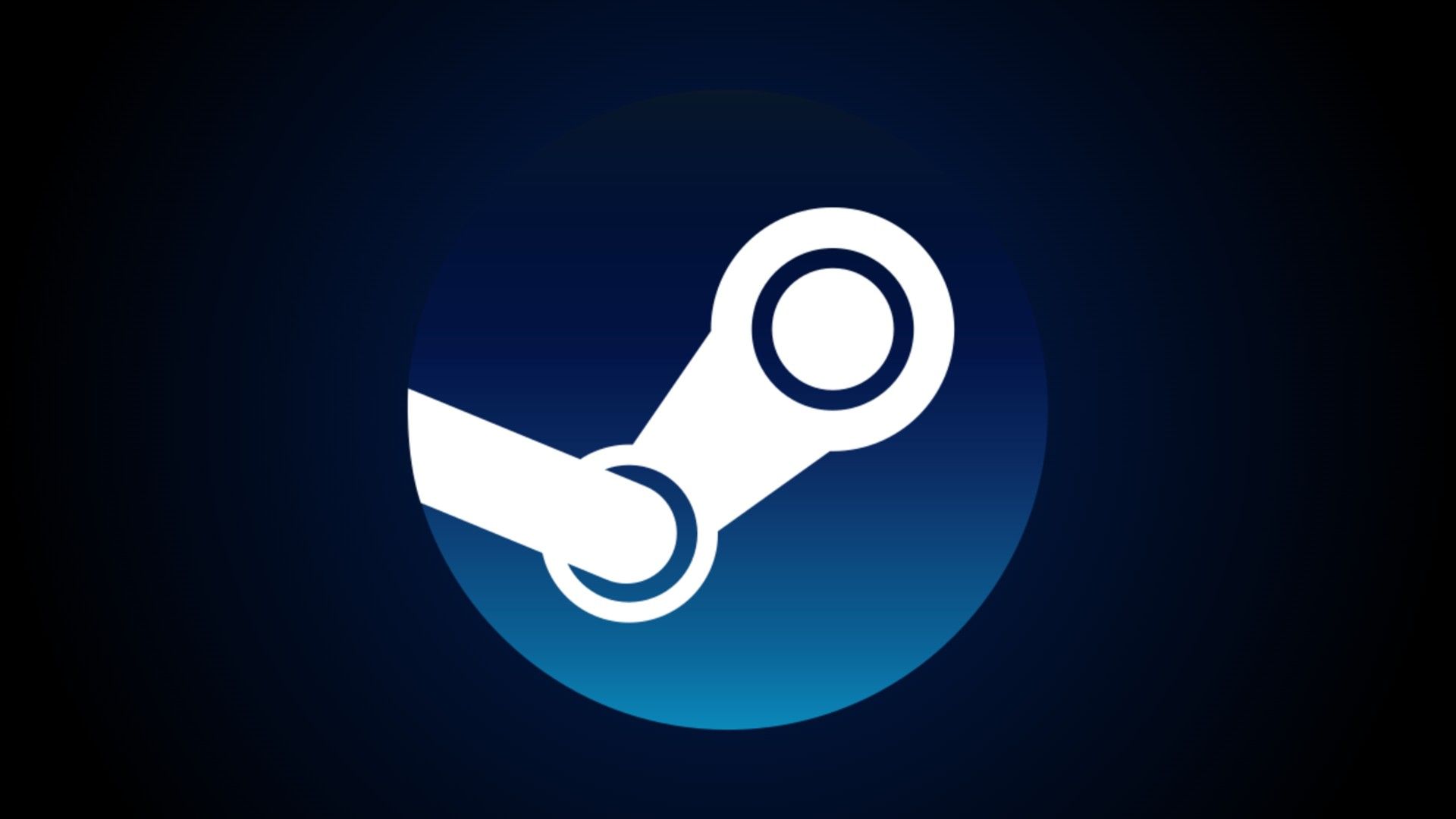





Leave a Comment
Your email address will not be published. Required fields are marked *